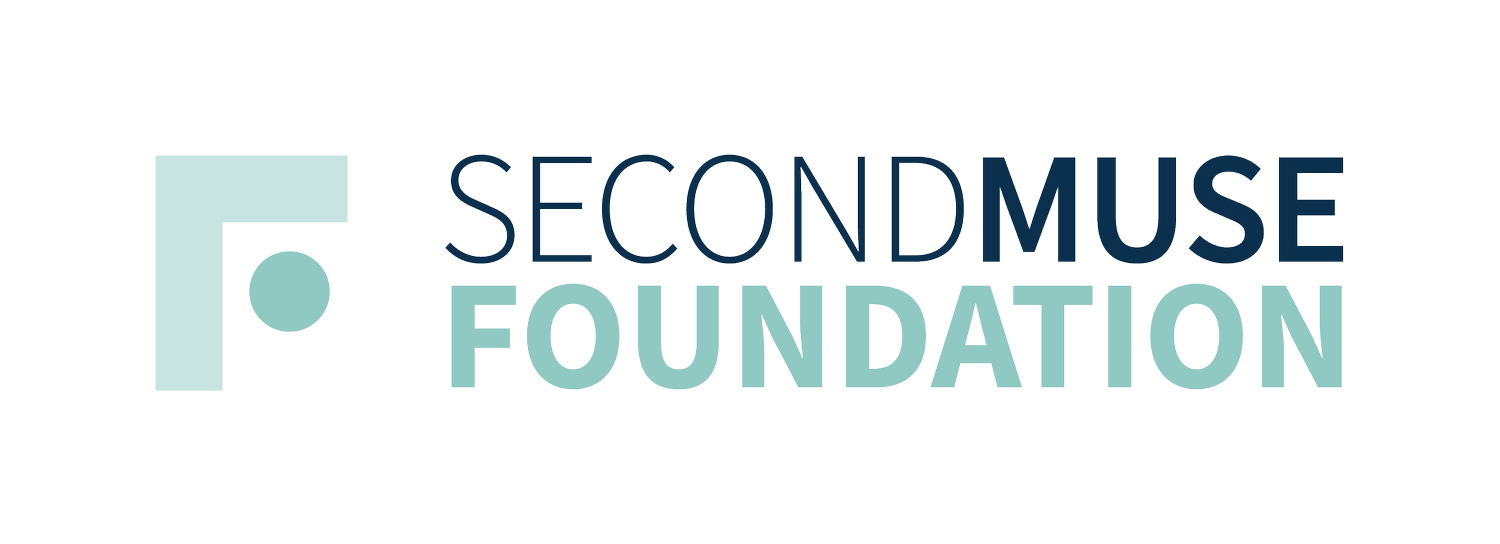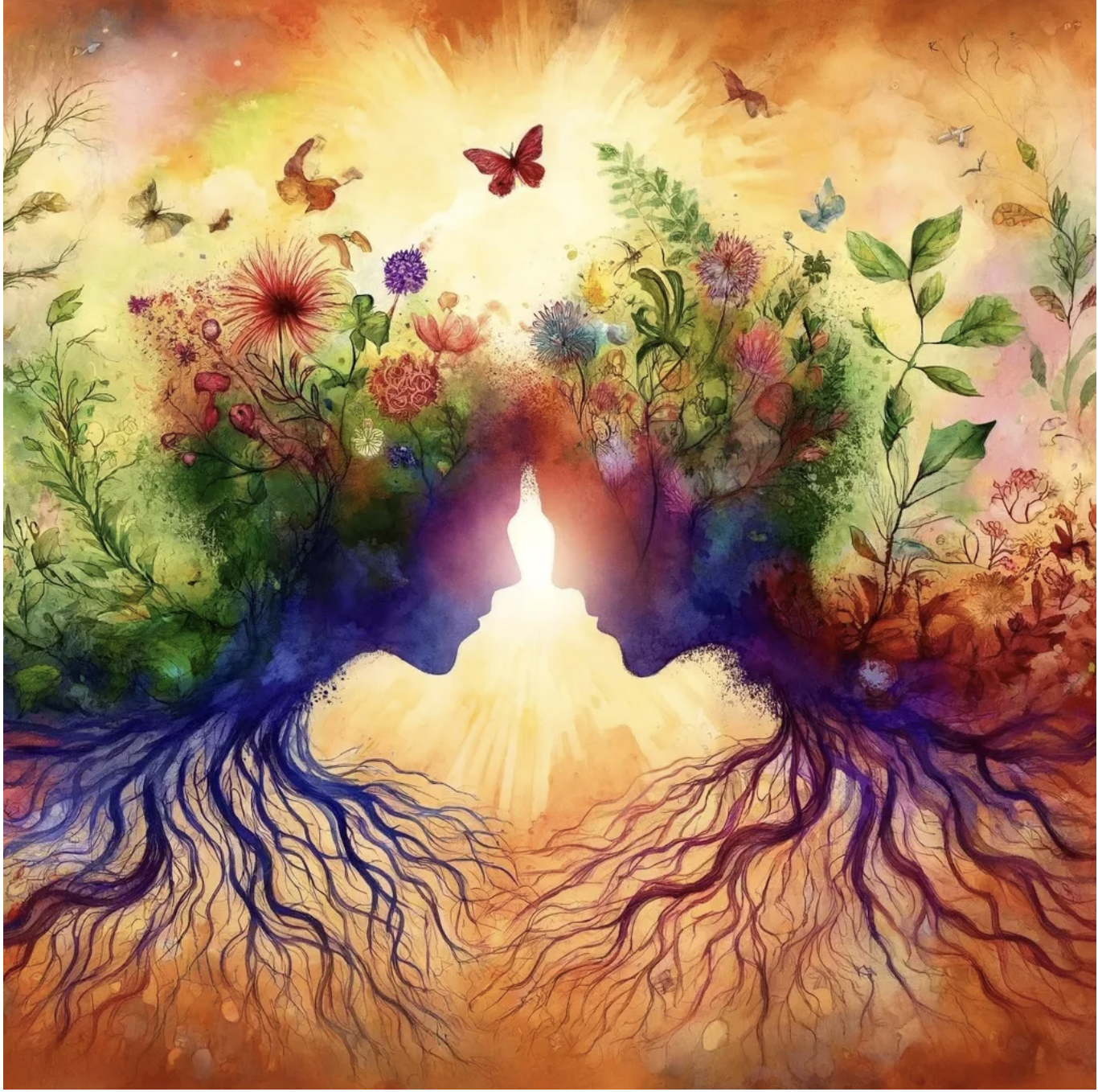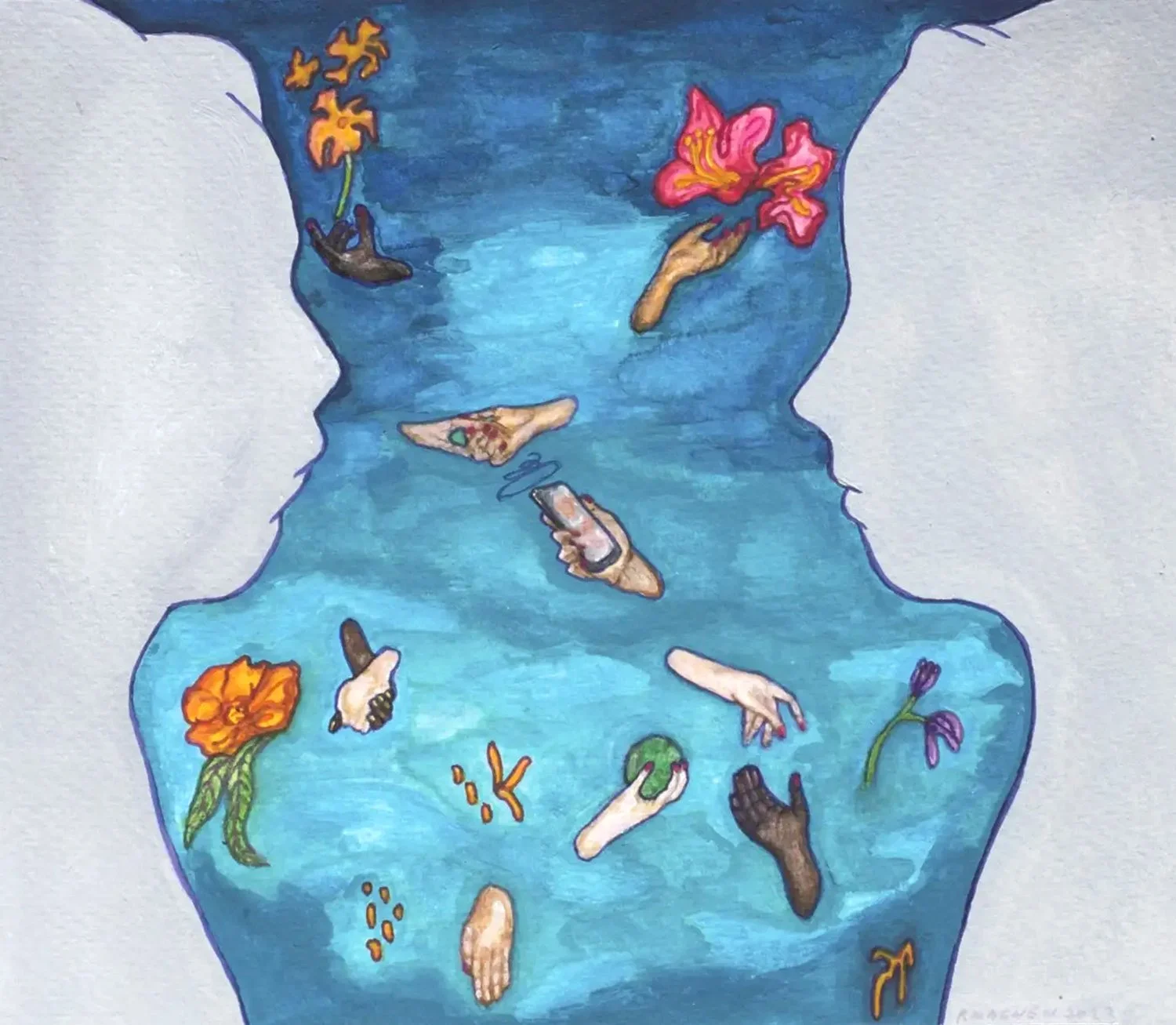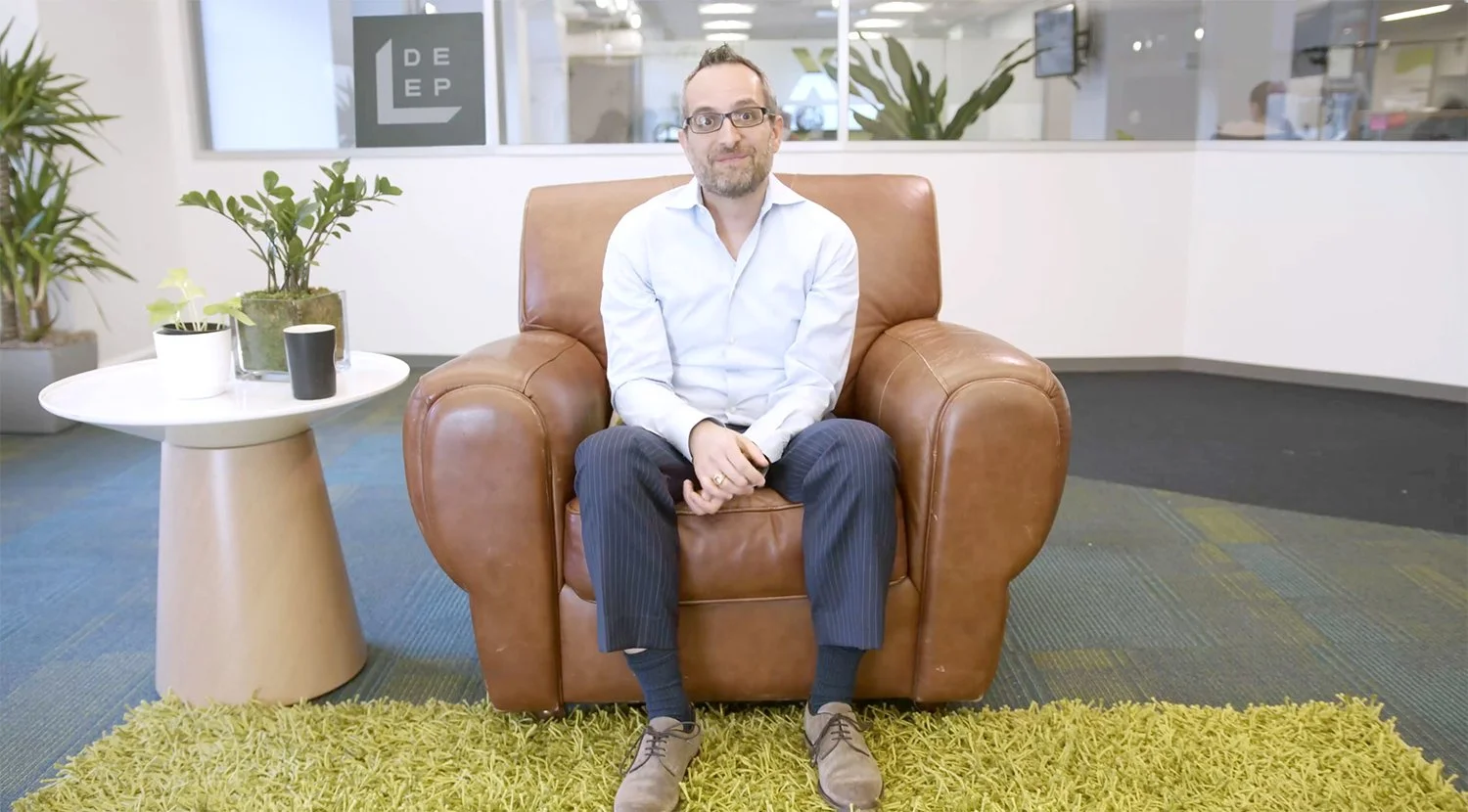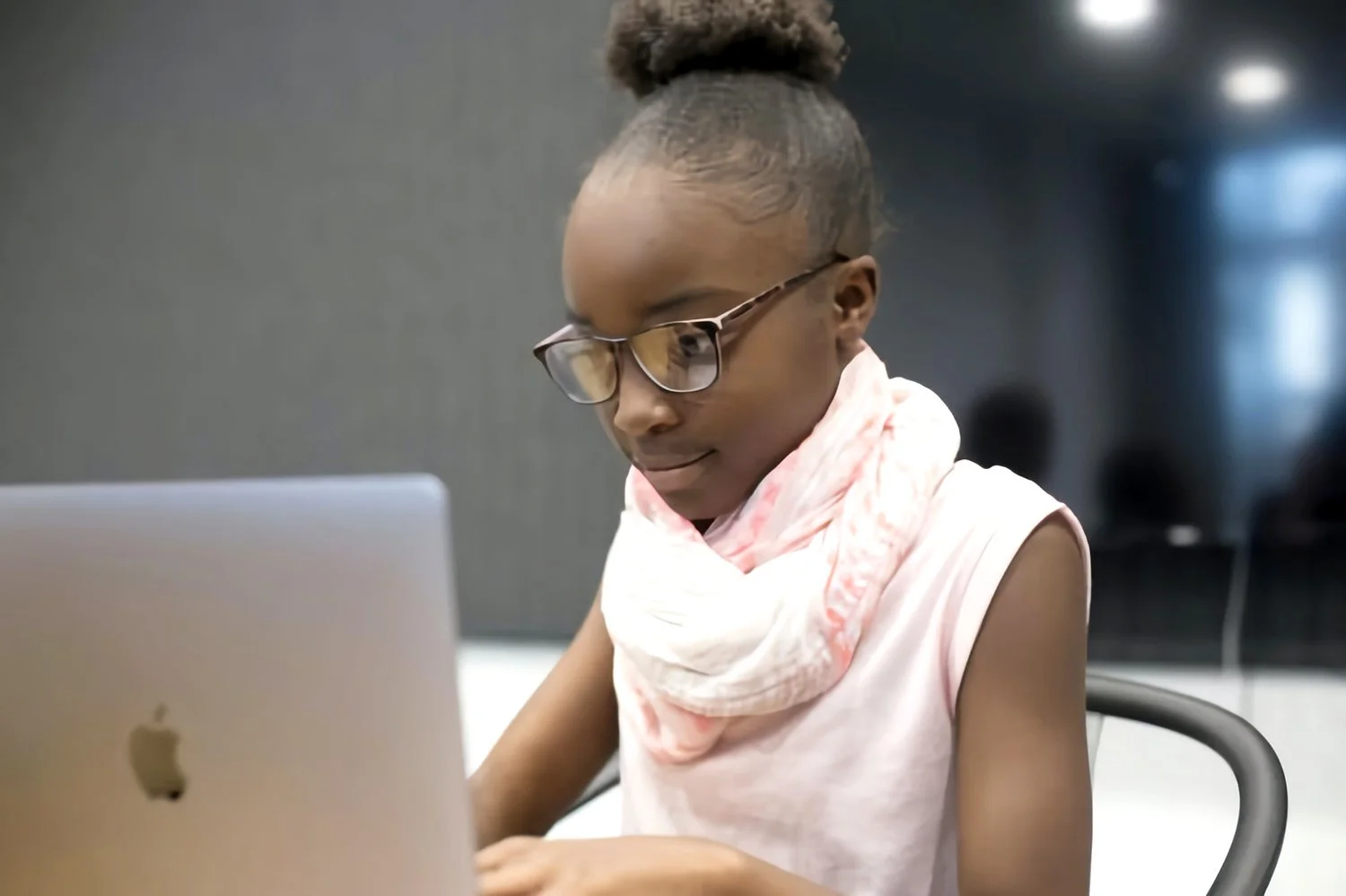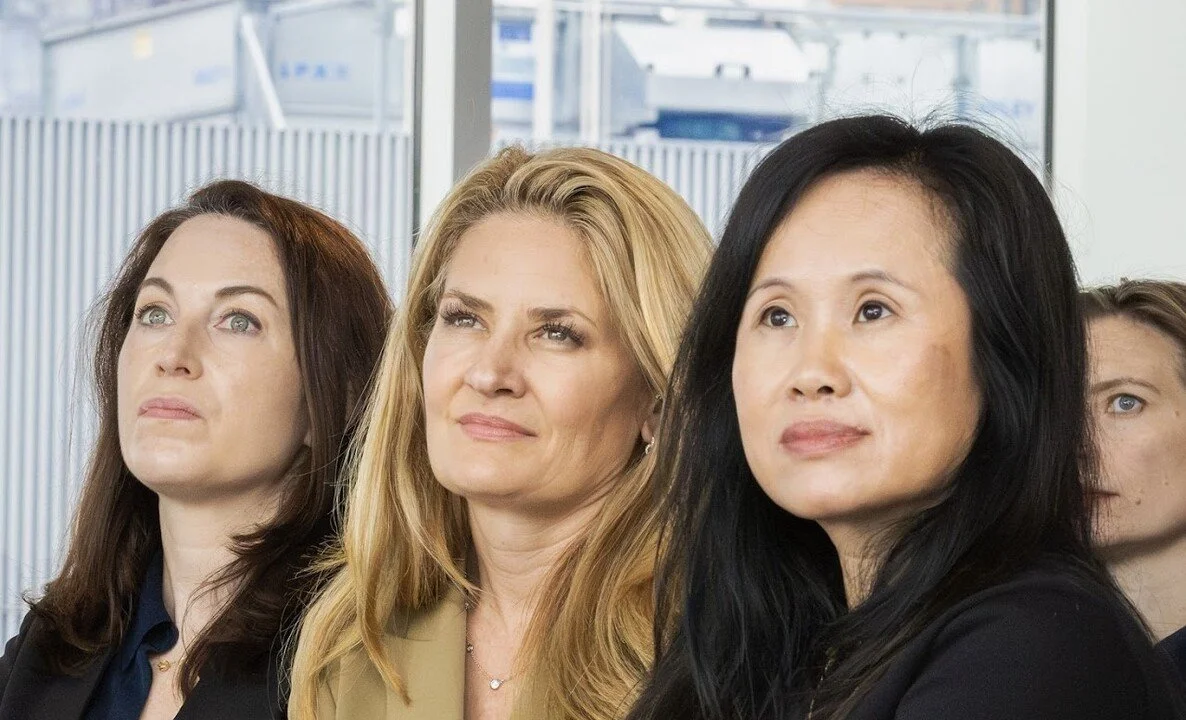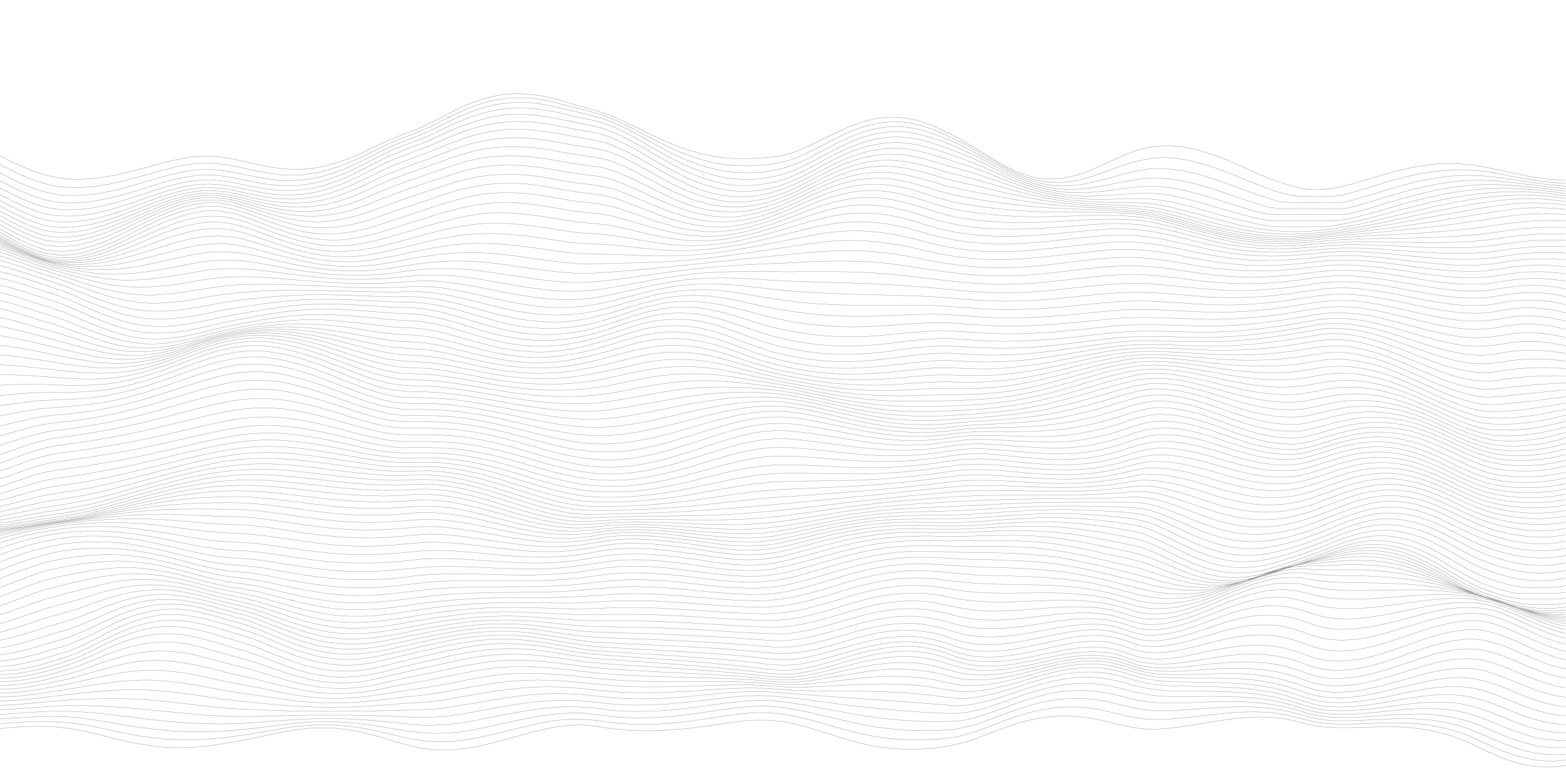
REORIENTING RELATIONSHIPS
OUR APPROACH
The SecondMuse Foundation is advocating for an approach that acknowledges the interconnectedness of our world including plants, water, animals, etc. We do not prioritize one person, organization, environment or culture over another, instead, we focus on the connections and relationships between them. By breaking down traditional boundaries of value and putting relationships at the center, we encourage ourselves and others to think differently and explore new ways of addressing the world's most pressing and complex challenges.
WHAT IS Relational wealth?
RELATIONAL WEALTH RECOGNIZES OUR INTERDEPENDENCIES AND WORKS TO PLACE ALL RELATIONSHIPS IN ‘RIGHT’ RELATIONSHIP.
The concept of relational wealth acknowledges that everything in our world is interconnected and interdependent. It prioritizes the importance of all relationships and works to align them in a way that benefits all parties involved. By recognizing that our actions have an impact on one another and the planet, we can strive to create a more equitable and just society where all relationships are in "right" relationship.
The Foundation understands the concept of "right" relationship through the relational Imperative, which states that balance and justice are achieved when both the individual and the collective thrive with each other and with the environment (i.e. the mineral world, plant world, animal world, humanity.). To be in "right" or “balanced” relationship, it must be mutually beneficial for all parties involved, whether it's you and your local ecosystem, you and the planet, you and your team, or you and your organization.
Moreover, the Relational Imperative recognizes that in any relationship, we are always on both sides of the equation. We are not just individuals, but also part of the larger community, the planet, our team, and our organization. The interdependence and interconnectedness of it all cannot be denied.
Imagine a world where society prioritizes the wealth of relationships over traditional notions of wealth. By reorienting around relationships, the door is opened to new possibilities and can create real and lasting change. Together, we can create a more interconnected and compassionate society, where the planet and all who live here have the chance to flourish.
These individual aspen trees are not separate, rather connected at the roots and parts of one of the largest and oldest living organisms in the world, the Pando forest.
Systems don't change just because we identify them; they change because we disrupt them.
— Cornelius Minor
In any healthy society, there has to be a balance between the desire for individual freedom and the need for social cohesion.
— Jonathan Sacks
We are all one. One planet, one human family, one destiny.
— Wangari Maathai
FURTHER READING
